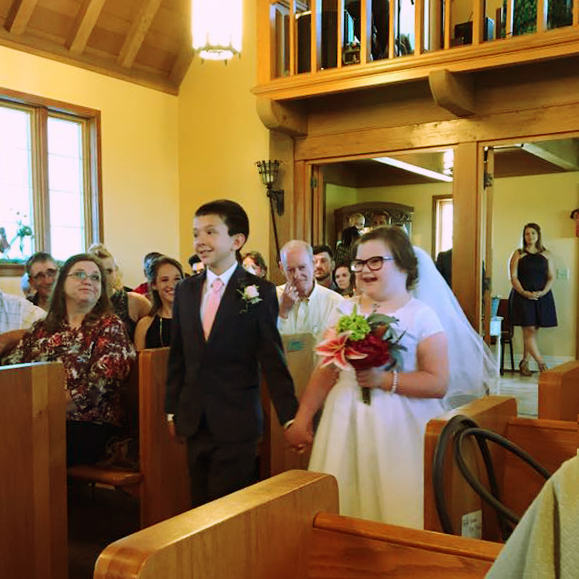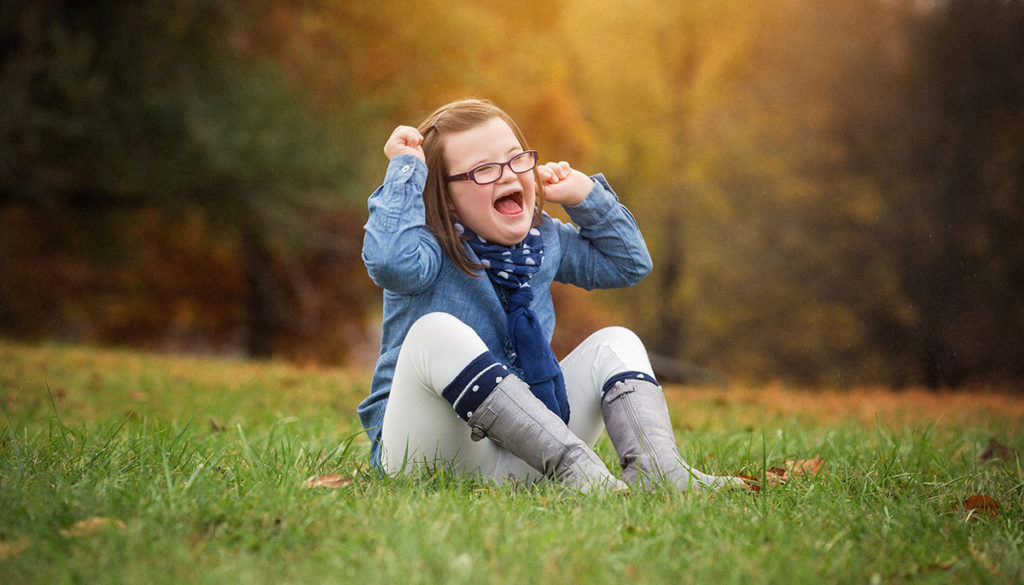
Yesterday (March 21st, 2018) I had the honor and privilege to speak on World Down Syndrome Day to a few hundred folks in Bucharest, representatives of Down syndrome organizations and parents and therapists from around Romania. It was a wonderful group who were all anxious to learn and to help their children. From speaking with many of the parents after my presentation, they appeared to universally know that they needed a lot of help, were very receptive, and were more than ready to take control of their children’s lives.
There are a number of important points that I have been trying to communicate to parents, educators, therapists, and doctors through the years that were all pertinent and well received by this group, including:
- Parents are the experts on their children.
- In order to be successful, we need to work with the “Whole Child,” which requires acknowledging the parents’ expertise and giving them the training and authority to take the lead in their child’s development and education.
- If we are to maximize neuroplasticity, we need to provide the child with very targeted input on a daily basis, the reality of which is that it generally requires if not the direct involvement of the parent, then at least the supervision of the parent.
- Parents everywhere in the world can be empowered to help their child regardless, or even in spite of, the available “professional” help or lack of the same.
As I have worked around the United States and internationally, it has been wonderful to see parents realize that they uniquely have the power and ability not only to help their children, but that they can actually generally do a better job on their own, given a targeted neurodevelopmental program designed just for their child—a program designed to help them fulfill their vision for their child.
Perhaps it’s time for a bit of a parental revolution! If not a revolution, perhaps at least a paradigm shift.
—Bob


